Electric‑Field‑Driven Generative Nanoimprinting for Tilted Metasurface Nanostructures
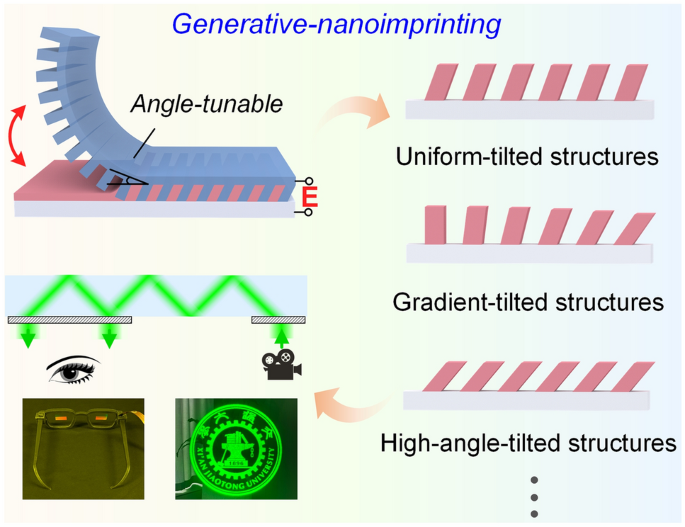
As demand for advanced optical devices grows, the limitations of traditional lithography in fabricating complex nanostructures become more pronounced. Now, researchers from Xi’an Jiaotong University, led by Professor Chunhui Wang and Professor Jinyou Shao, have presented a comprehensive review on electric-field-driven generative nanoimprinting and its potential for fabricating tilted metasurface nanostructures. This work offers valuable insights into the development of next-generation nanomanufacturing technologies that can overcome these limitations.
Why Tilted Metasurfaces Matter
- Optical Performance: Tilted metasurfaces offer superior control over light propagation, enabling high-efficiency diffraction and beam steering.
- AR/VR Applications: These structures are ideal for augmented reality displays, where precise light manipulation is critical.
- Scalability: The new technique enables large-area fabrication, essential for industrial applications.
Innovative Design and Features
- Electric-Field Control: The method uses electric fields to drive the nanoimprinting process, enabling precise control over structure tilt.
- Flexible Templates: Vertical structures on flexible templates are transformed into tilted forms during imprinting.
- Customizable Angles: Uniform, gradient, and high-angle tilted structures can be fabricated by adjusting process parameters.
Applications and Future Outlook
- Uniform-Tilted Structures: Achieved by maintaining a constant included angle between template and substrate.
- Gradient-Tilted Structures: Realized by dynamically changing the included angle during imprinting.
- High-Angle Structures: Fabricated using a multistep process to minimize bending deformation.
- AR Display Integration: A 40° tilted nanograting was developed and integrated into AR glasses, demonstrating high diffraction efficiency and excellent imaging performance.
This comprehensive review provides a roadmap for the fabrication and application of tilted metasurface nanostructures. It highlights the importance of interdisciplinary research in materials science, mechanical engineering, and optics to drive innovation in nanomanufacturing. Stay tuned for more groundbreaking work from Professor Chunhui Wang and Professor Jinyou Shao at Xi’an Jiaotong University!
Follow the Topic
-
Nano-Micro Letters

Nano-Micro Letters is a peer-reviewed, international, interdisciplinary and open-access journal that focus on science, experiments, engineering, technologies and applications of nano- or microscale structure and system in physics, chemistry, biology, material science, and pharmacy.
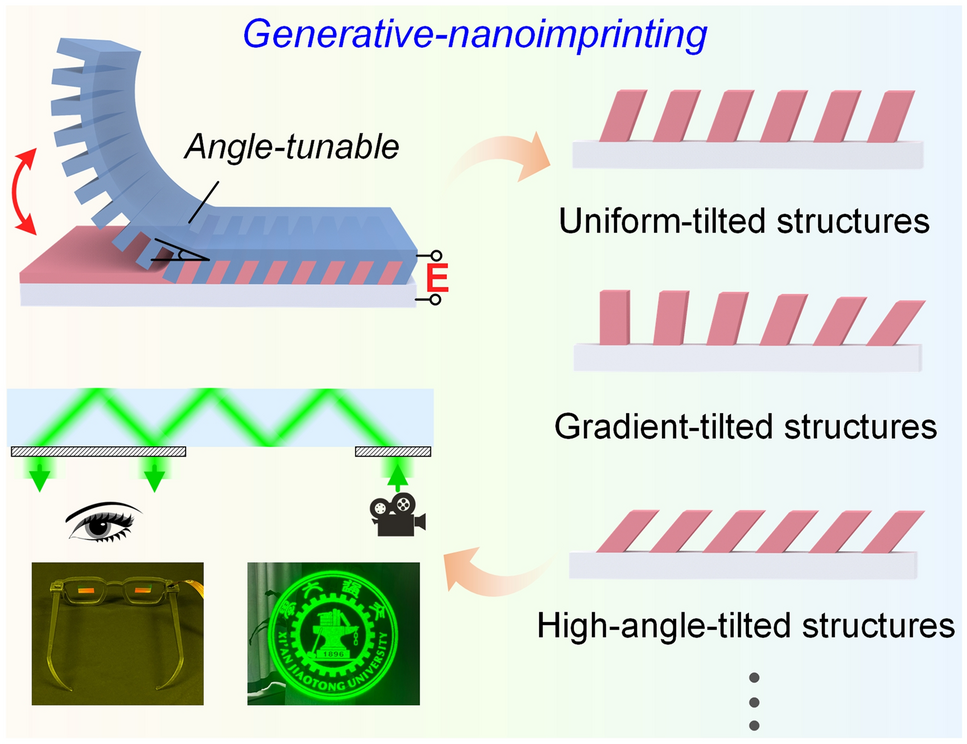
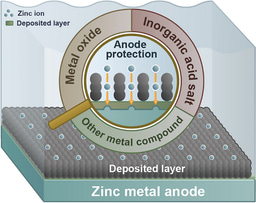
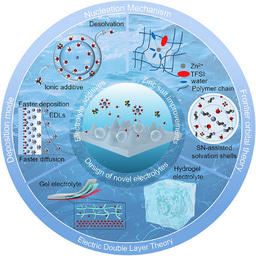
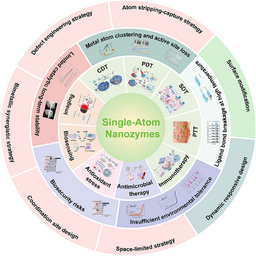
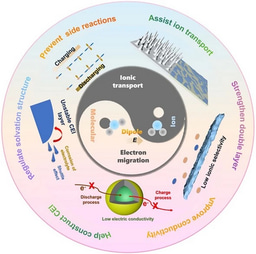
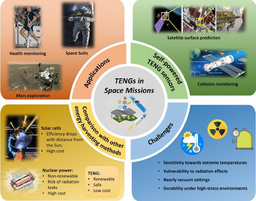
Please sign in or register for FREE
If you are a registered user on Research Communities by Springer Nature, please sign in